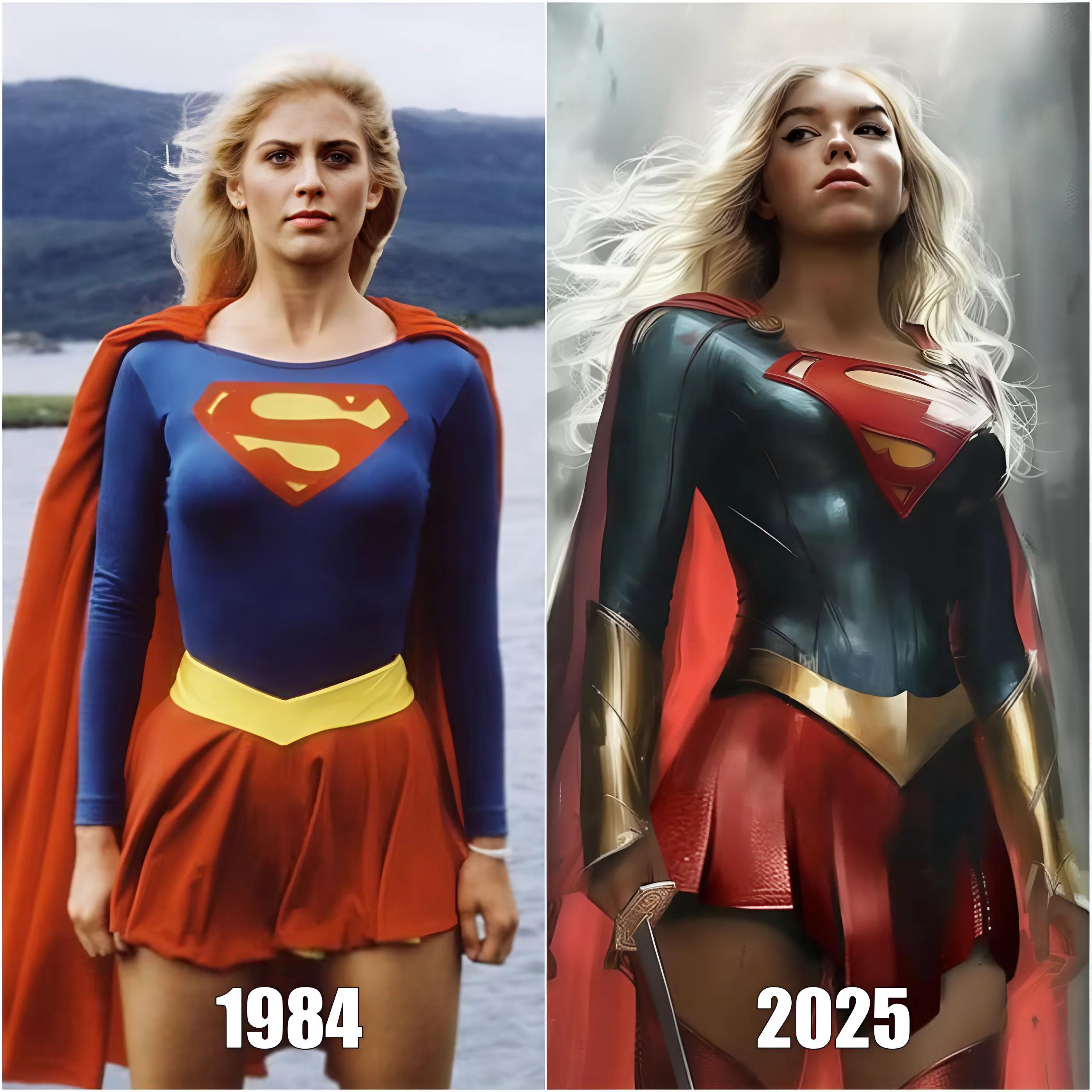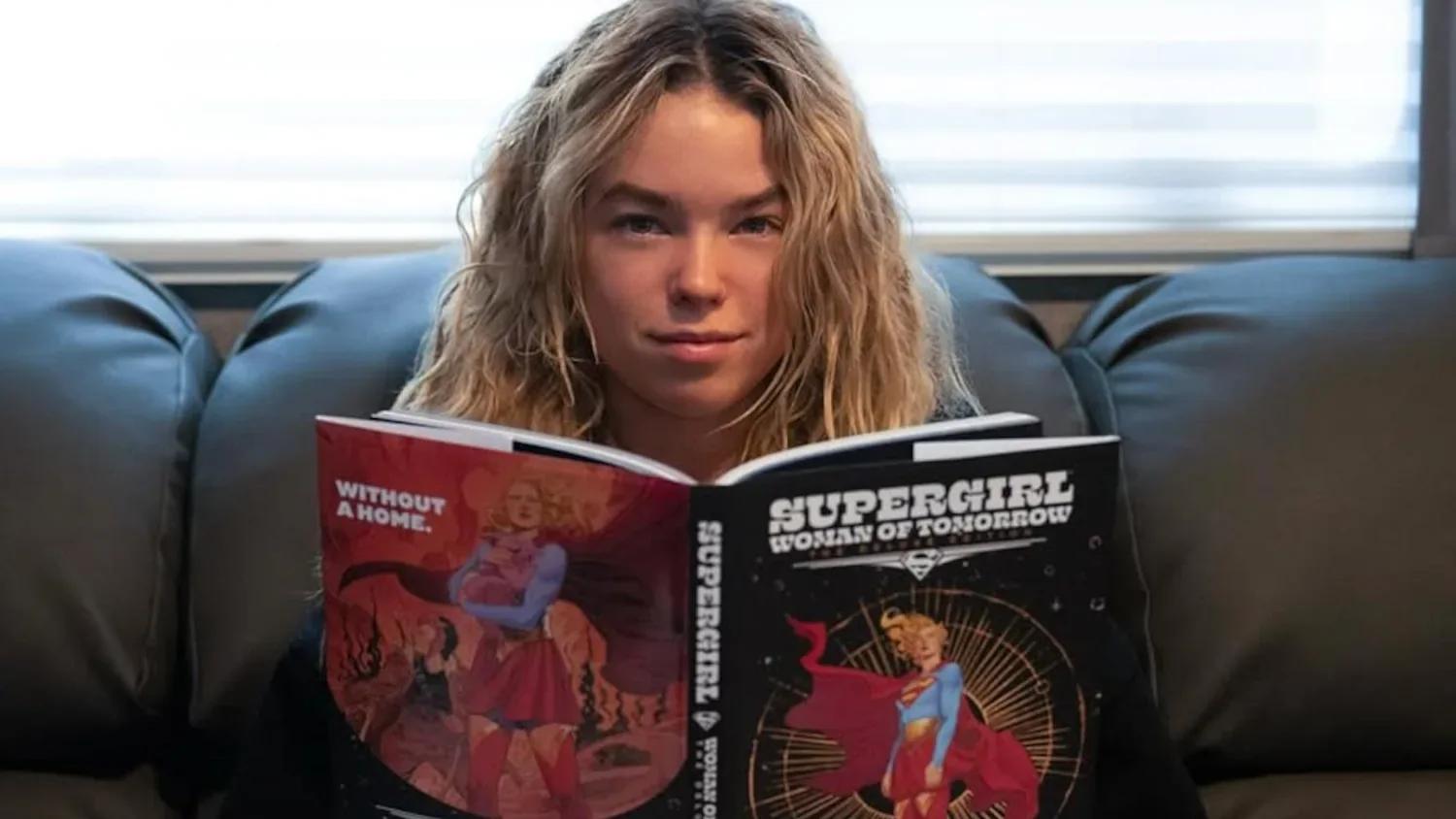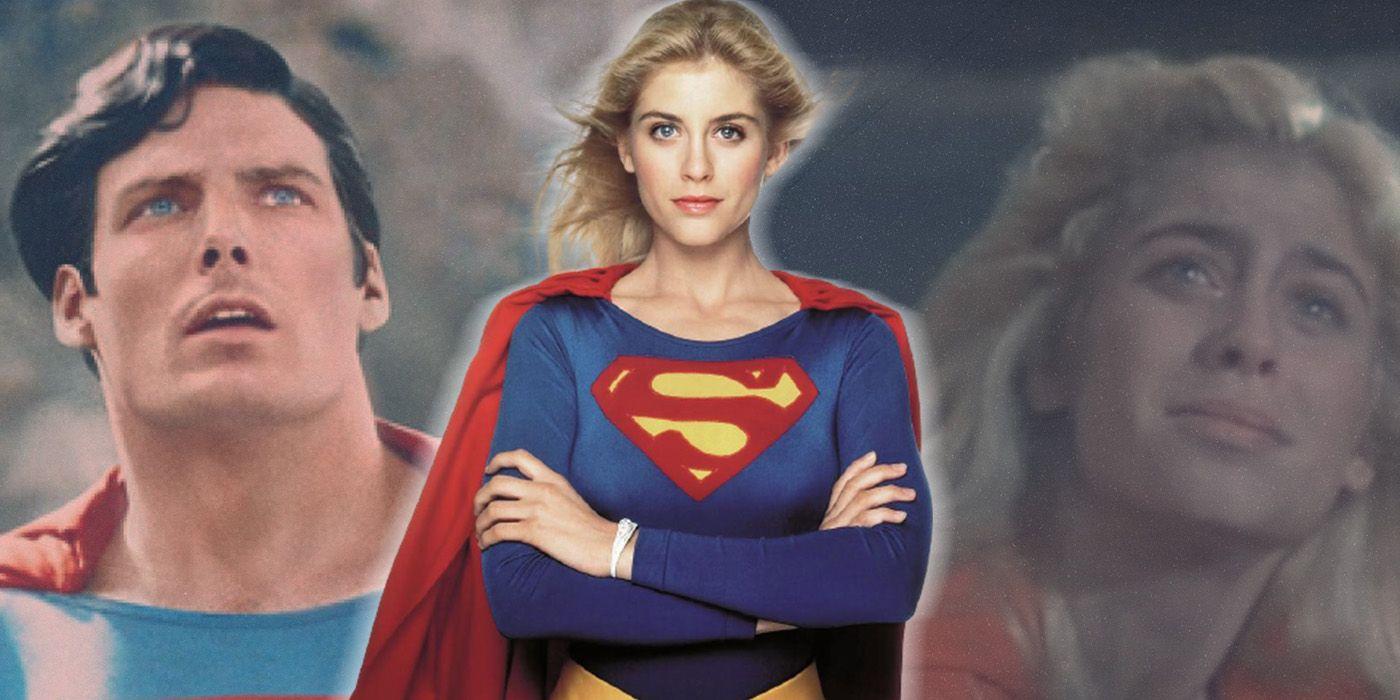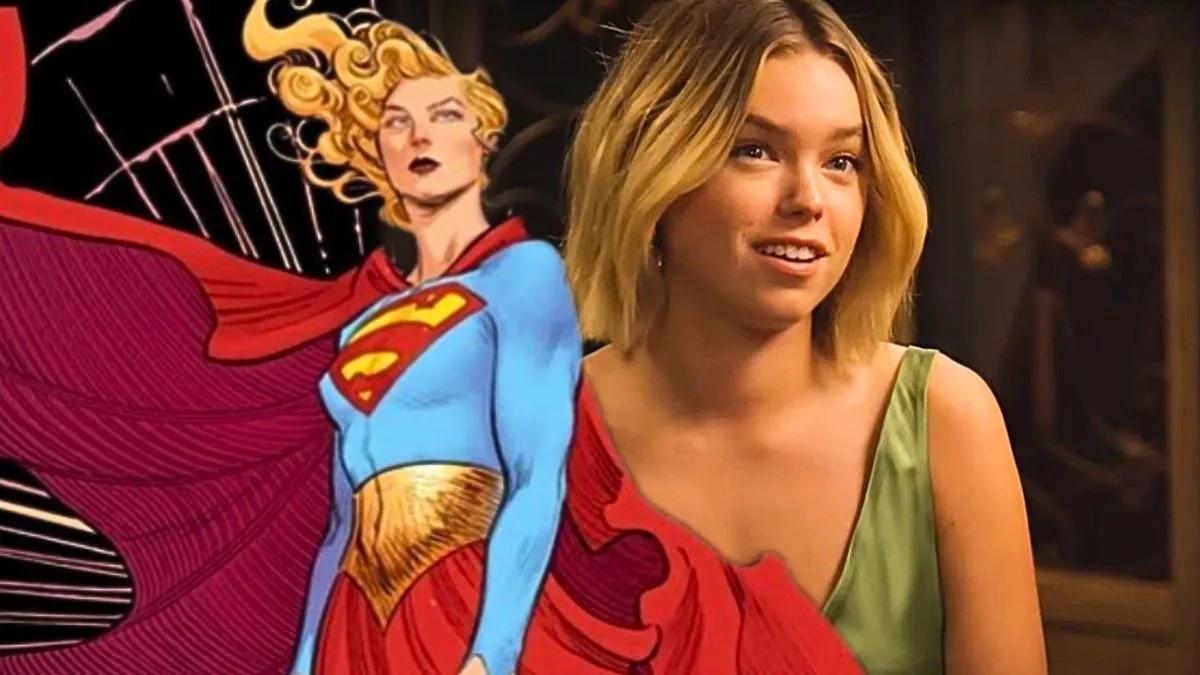James Gunn’s Supergirl, set to release on June 26, 2026, has already ignited passionate discussions among fans, particularly regarding its darker, more jaded portrayal of Kara Zor-El, played by Milly Alcock. Adapted from the 2021–22 comic Supergirl: Woman of Tomorrow by Tom King and Bilquis Evely, this DC Universe (DCU) film diverges sharply from the character’s traditional depictions, drawing criticism for lacking the brightness and optimism many associate with Supergirl. Fans on X and in comment sections of outlets like ComicBoxCommentary have expressed concerns that Gunn’s vision—described as “edgy” and “hardcore”—strays from the aspirational heroism of the 1984 Supergirl film starring Helen Slater. Comparing these two cinematic takes reveals stark differences in tone, character portrayal, and execution, reflecting evolving approaches to superhero storytelling.

The 1984 Supergirl film, directed by Jeannot Szwarc, emerged as a spinoff from the Christopher Reeve Superman series, aiming to capture a similar sense of wonder and optimism. Helen Slater’s Kara Zor-El is a beacon of hope, radiating warmth and determination as she arrives on Earth to retrieve the Omegahedron, a Kryptonian power source. The film leans heavily into campy, family-friendly adventure, with whimsical elements like magical battles against the villainous witch Selena (Faye Dunaway). Despite its critical and commercial failure—grossing just $14.3 million against a $35 million budget, per Box Office Mojo—the movie embraced Supergirl’s Silver Age roots, portraying her as a kind-hearted, earnest hero. Her journey emphasized self-discovery and courage, with a lighthearted tone that aligned with the era’s comic-book adaptations. Fans appreciated Slater’s sincere performance, which embodied the character’s traditional role as a symbol of hope akin to Superman.

In contrast, Gunn’s Supergirl takes a grittier approach, rooted in the Woman of Tomorrow comic’s darker narrative. Gunn has described Kara as a survivor of a Kryptonian fragment, witnessing death and destruction for 14 years before arriving on Earth, making her “harsher” and “more f**ked up” than previous iterations (THR, 2023). This version, directed by Craig Gillespie and written by Ana Nogueira, follows Kara’s cosmic quest for justice alongside Ruthye Marye Knoll (Eve Ridley) and Krypto the Superdog, confronting villains like Krem of the Yellow Hills (Matthias Schoenaerts) and Lobo (Jason Momoa). The film’s tone, as Gunn noted at a 2024 New York Comic-Con panel, is a “big science fiction epic,” prioritizing emotional depth and trauma over the bright heroism of past portrayals. Posts on X, such as one from @blurayangel (January 2024), highlight Gunn’s intent to move away from the “earnest” Supergirl of the CW series, aiming for a punk-rock edge that some fans argue clashes with her iconic optimism.

Critics of Gunn’s approach, as seen in ComicBoxCommentary (2023), argue that this darker Kara undermines the character’s legacy as an aspirational figure. Supergirl, since her 1959 debut in Action Comics #252, has often been portrayed as a hopeful counterpoint to Superman, her compassion shining through despite her losses. The 1984 film, though flawed, captured this essence, with scenes like Kara’s awe at Earth’s beauty reflecting her innate positivity. Conversely, Gunn’s Kara, shaped by Tom King’s narrative, grapples with a bleak worldview, which some fans on X describe as “too cynical” for a hero meant to inspire. One user commented, “Supergirl should be a bright beacon, not a brooding anti-hero,” echoing sentiments that the film risks alienating fans who cherish her uplifting spirit.

However, supporters of Gunn’s vision argue that the darker tone modernizes Supergirl for today’s audiences. The Woman of Tomorrow comic, lauded for its emotional complexity, explores Kara’s resilience in the face of trauma, offering a fresh perspective. Gunn’s track record with character-driven stories, like Guardians of the Galaxy, suggests he can balance grit with heart. The 1984 film, while charming, suffered from dated effects and a convoluted plot, limiting its depth. Gunn’s Supergirl, with its stellar cast and reported visual fidelity to Evely’s comic art, aims for a more cohesive narrative. Filming, which wrapped in May 2025 in the UK and Scotland (CBR, 2025), has been praised by Gunn for Nogueira’s “marvelous” script and Gillespie’s direction, raising hopes for a polished execution.
The 1984 Supergirl leaned on camp and sincerity, reflecting its era’s lighter approach to superheroes, but its simplistic storytelling and low budget hindered its impact. Gunn’s Supergirl, by contrast, embraces a complex, trauma-driven narrative, potentially at the cost of the character’s traditional brightness. While the earlier film struggled with execution, its heart aligned with Supergirl’s classic role. Gunn’s version, though divisive, seeks to redefine her for a new generation, with its success hinging on whether it can retain some of her hopeful essence amidst the darkness. As fans await the 2026 release, the debate over Supergirl’s true role—beacon of light or hardened survivor—continues to shape expectations for the DCU’s future.




